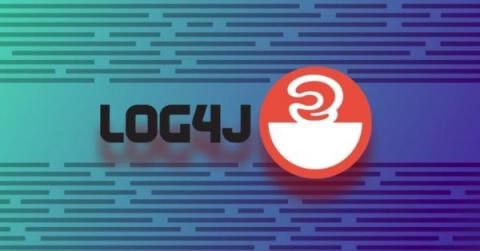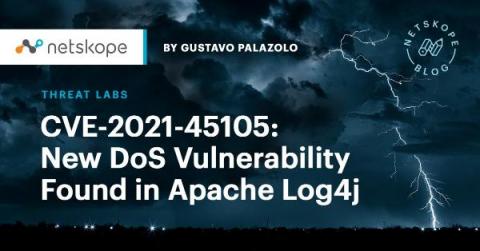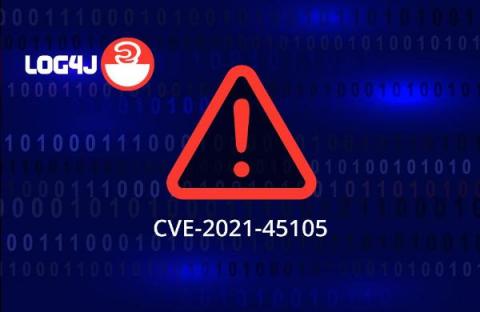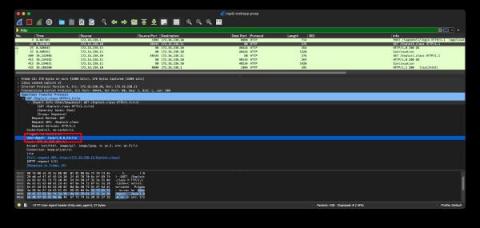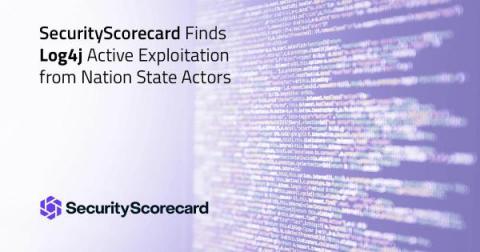Snyk makes it easier to fix Log4Shell with extended free scans
Due to the recently discovered Log4Shell vulnerability, and to support the tremendous effort being mounted by the community to address it, we are happy to announce that we are increasing the free test limit in Snyk Open Source! This means that any developer, no matter the company or project, can now use Snyk Open Source to find and fix Log4Shell with double the number of free tests, whether it’s within your IDE, your Git repositories, CI environments, or using the Snyk CLI.


